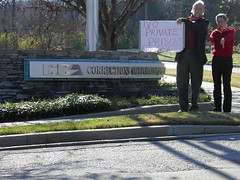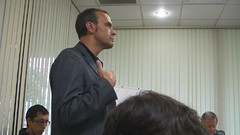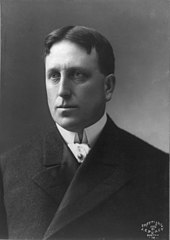I see they held a special called meeting 16 December 2011, but at least they listed it on their web page. Maybe they’ve got control of their technical glitches.
Appended is the schedule for 2012, and the agenda for tonight’s meeting.
-jsq
Here’s tonight’s agenda.Meeting Schedule
All Meetings will be held at 5:30pm in the Industrial Authority Conference Room, 2110 N. Patterson Street, unless otherwise notified.
**Please note date change** Special Called Meeting
**December 16, 2011**Meeting Schedule for 2012
January 17, 2012
February 21, 2012
March 20, 2012
April 17, 2012
May 15, 2012
June 19, 2012
July 17, 2012
August 21, 2012
September 18, 2012
October 16, 2012
November 20, 2012
December 18, 2012
Continue readingValdosta-Lowndes County Industrial Authority
Agenda
Tuesday, January 17, 2012 5:30 p.m.
Industrial Authority Conference Room
2110 N. Patterson Street








 Frequent attendees told me the audience was much larger
than in previous years, and one attributed that to the recent
school consolidation referendum.
Sitting side by side were Chamber Chair Tom Gooding and
FVCS President Sam Allen.
Frequent attendees told me the audience was much larger
than in previous years, and one attributed that to the recent
school consolidation referendum.
Sitting side by side were Chamber Chair Tom Gooding and
FVCS President Sam Allen.
 Jeff Hanson introduced the legislators.
He’s the Chair of the Chamber’s
Jeff Hanson introduced the legislators.
He’s the Chair of the Chamber’s
 “Dr. Z” as Tim Golden called him.
“Dr. Z” as Tim Golden called him.


